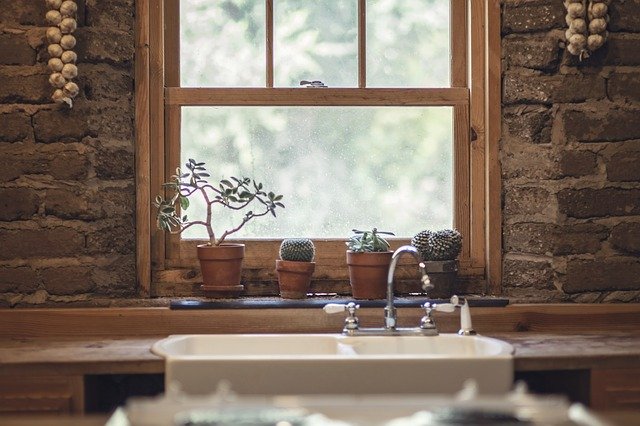Replacing your windows could improve your comfort, reduce your energy bills, add value to your home and improve your family’s quality of life through better ventilation and more access to natural light. But how do you know when it’s time to replace your windows? Here are the 7 biggest signs that you shouldn’t be putting it off any longer.
How Long Do Windows Last?
Even the best quality windows won’t last forever and double glazed windows will last (on average) for around 15 – 20 years. This is impacted by several factors such as how well they are maintained, the weather they have to withstand and the type of frame material you choose.
Some window suppliers offer a guarantee on their products which means they will replace faults for free during that time. However, when windows are beyond repair you need to replace them sooner rather than later.
- Windows are Worn Out
Signs of rot or warping on your windows or that the double glazing is failing are big indicators that you need to replace them.
Wooden window frames, in particular, can be tricky to keep in good condition. When installed they look great, but they will only last for ages if they’re looked after every year and that can be time-consuming and easy to forget about. The trouble is, once the rot has set into the wood, it can be pretty hard to halt the decay and keep on top of it. Rain becomes a nightmare and you might find it’s just too difficult a job to fix the window so it still looks good and does its job properly. Of course, if you just leave it, the rot will just get worse, and it will become harder to open or close the window.
Poor quality uPVC windows may discolour over time and as they expand in heat they can become warped. If your double glazing is failing you may notice water leaks, condensation, cracks, chips, holes and scratches and difficulty regulating the temperature in your home
- Energy Bills are High
Old or inefficient windows can have a significant impact on your home’s insulation and can lead to high energy bills. The more heat that can escape your home the more you will be using your central heating to compensate, and the same is true of using air conditioning. You can check this by standing next to your windows and seeing if it feels cooler than the rest of the room. If the glass is cold to touch then it’s highly likely you’re wasting energy. You should also look for gaps in the frame
Older windows are often single-paned and therefore more vulnerable to leaks. It’s a very good idea to invest in double glazing with argon gas and low-emissivity (LoE) glass to reduce heat loss.
